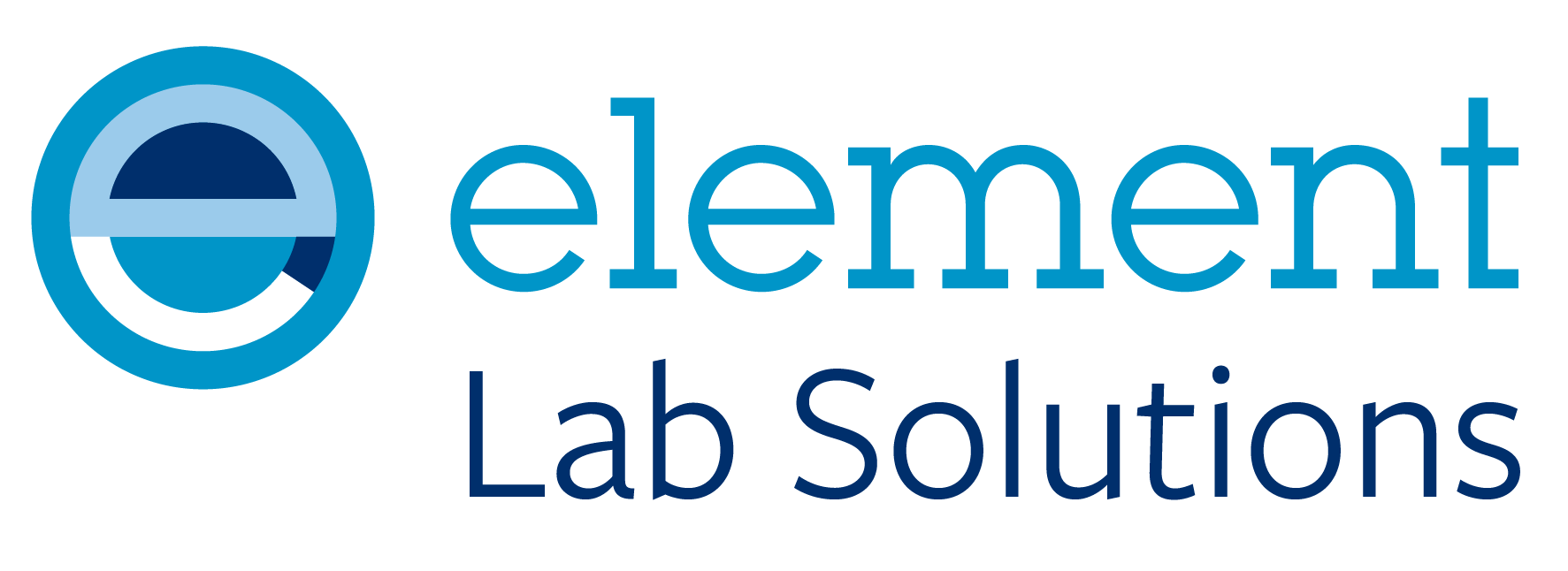COMPREHENSIVE KARL FISCHER
TRAINING COURSE
Karl Fischer is a well-established routine technique for accurate determination of water content in samples. However, the accuracy of results, reliability and robustness of this technique are dependent on many factors. Many laboratories struggle to achieve consistent results or find the technique time-consuming, frustrating and resource intensive.
As with any analytical technique, when we look in detail at how we apply this in day-to-day laboratory practice, there is a lot more to this technique than we might expect. Getting the best from Karl Fischer does rely on understanding how it works.
Our training looks comprehensively at Karl Fischer titrations, but with the focus always on getting the best from the technique in everyday analysis. We look in detail at the areas of the equipment and analyst technique that will significantly improve the efficiency of your practical analysis and quality of your results. Your team will have less downtime, less repeat analyses, and generate fewer errors.
The material is supported by embedded workshops that consolidate learning, improve understanding, and allow delegates to formulate solutions to real-world problems that are used as the basis for the troubleshooting material.
COMPREHENSIVE KARL FISCHER COURSE DETAILS
- Overview of the Karl Fischer reaction
- Drift assessment
- Volumetric Karl Fischer
- Coulometric Karl Fischer
- Optimising instrument parameters
- Sample preparation
- Methods of calibration
- Solvent choice
- Interferences and side-reactions
- Drying Oven (Stromboli) methods (optional)
- Troubleshooting - Workshop based from real-world case studies
We offer flexible delivery options for this instructor-led course:
- On-site: one day at your laboratory or location of your choice.
-
Online: two half days.
View our online training calendar for upcoming dates.
No experience required, this is a self-contained training module covering all aspects of the technique.
-
Introduction
-
Karl Fischer Reaction
- Reaction mechanism
- Reagent additives
- pH
- Measurement electrode
-
Drift
-
Volumetric Karl Fischer
- Reaction rate
- One component titrant
- Two component methods
- Instrument settings and optimization
- Calculation of results
-
Coulometric Karl Fischer
- Generator electrode
- Calculation of results
- Diaphragmless generator electrode
- Instrument settings and optimization
- Managing coulometric cell and generator electrode
-
Sample handling
- Optimal sample size
- Stirring speed
- Solvent choice
-
Methods of calibration
- Water addition
- Tartrate
- Commercial calibration reagents
-
Interferences and side-reactions
-
Solvent choice
- Alcohol based solvents
- Non-alcohol based solvents
-
Drying oven methods
-
Troubleshooting workshops
COMPREHENSIVE KARL FISCHER COURSE OVERVIEW
Want to improve the efficiency of your
practical analysis and quality of your results?




